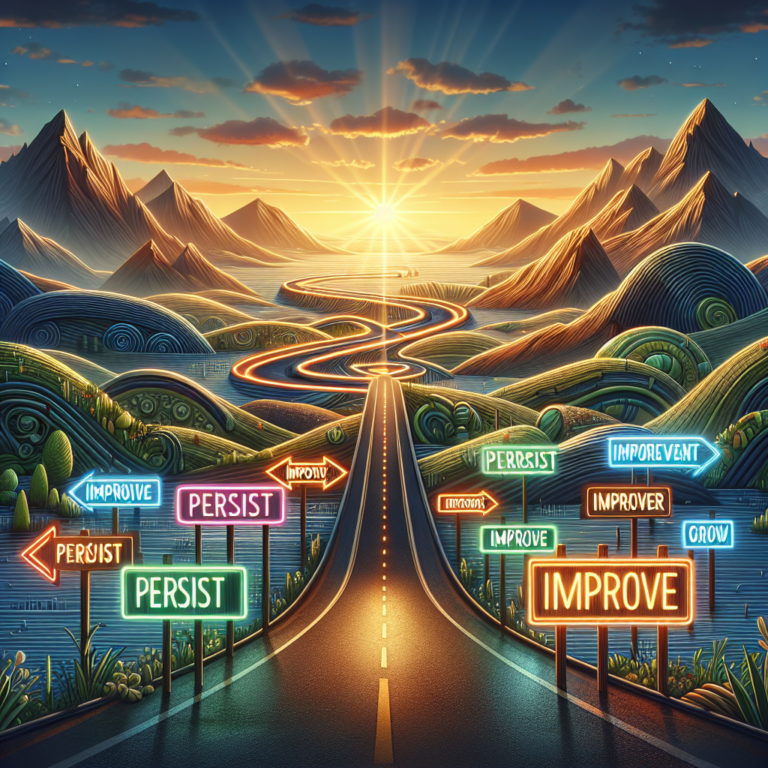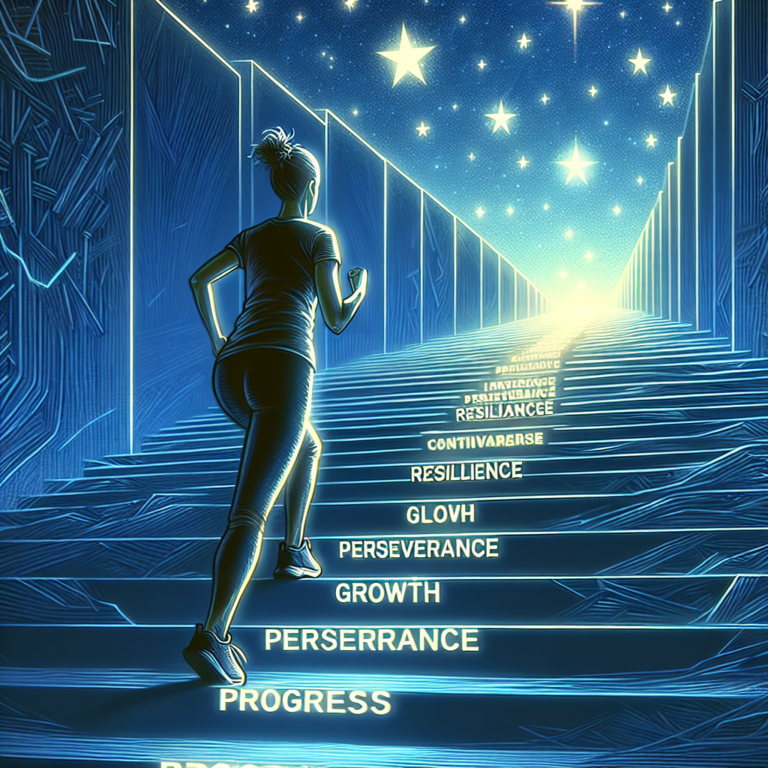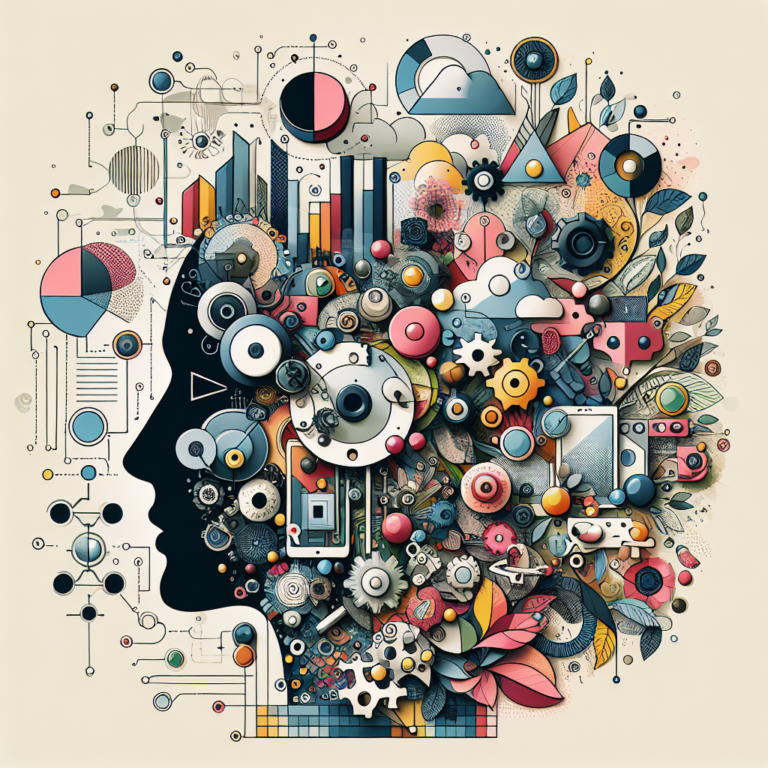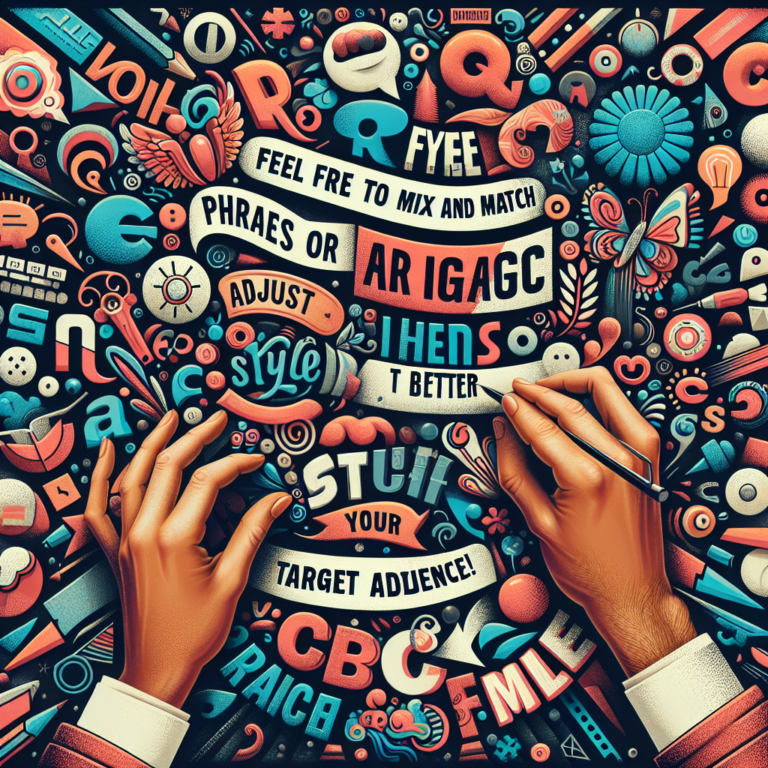
Building Unbreakable Resilience: The Role of Personal Development in Achieving Your Best Self
Introduction
In today’s world, where uncertainty often reigns supreme, the ability to bounce back from setbacks has never been more critical. As we navigate through challenges—be it in our careers, personal lives, or broader societal issues—the concept of resilience emerges as a formidable ally. But what exactly does it mean to build unbreakable resilience, and how does personal development play a pivotal role in this journey? Join me as we explore the transformative power of personal growth in crafting a resilient mindset that stands strong against life’s adversities.
Understanding Resilience
What is Resilience?
Resilience is more than just the ability to endure hardship; it’s the capacity to adapt, recover, and even thrive in the face of challenges. This psychological strength enables us to navigate life’s ups and downs, allowing us to emerge stronger and wiser after each experience.
The Importance of Resilience
In the fast-paced world we live in, resilience is essential for several reasons:
- Mental Health: It reduces anxiety, depression, and stress, contributing to overall well-being.
- Improved Performance: Resilient individuals often demonstrate enhanced performance in personal and professional life.
- Stronger Relationships: People with resilience often maintain healthier relationships, as they deal with conflicts constructively.
Personal Development Defined
Personal development refers to activities and practices that enhance an individual’s capabilities and potential. This can include anything from setting and achieving goals to improving self-awareness and emotional intelligence.
Building Unbreakable Resilience: The Role of Personal Development
1. Cultivating Self-Awareness
Self-awareness is often the first step in personal development. Understanding your strengths, weaknesses, values, and emotions allows you to navigate life more effectively. Here’s how self-awareness contributes to resilience:
- Identifying Triggers: Knowing what challenges you can help you manage emotions more effectively.
- Personal Growth: Acknowledging areas for improvement allows for proactive steps in personal development.
Case Study: John’s Journey to Self-Awareness
John, a mid-level marketing manager, found himself frequently overwhelmed by deadlines. Upon reflection, he identified that his procrastination stemmed from fear of failure. After undertaking personal development workshops focused on self-awareness, he learned to break his tasks into smaller, manageable pieces. Not only did he meet his deadlines, but he also built the resilience to face future challenges.
2. Embracing Change
Change is an inevitable part of life. The ability to embrace change and adapt positively can be greatly enhanced through personal development techniques:
- Mindfulness Practices: Techniques such as meditation can help in accepting change without resistance.
- Flexibility: Developing a flexible mindset allows you to adapt your strategies in times of uncertainty.
Case Study: Sarah’s Adaptation to Change
When the pandemic hit, Sarah, a small business owner, was forced to pivot her brick-and-mortar operations to an online model. By engaging in personal development through online courses, she embraced the change and grew her business more than ever. Her resilience, cultivated through her readiness to adapt, made her business not just survive but thrive amidst challenges.
3. Building Emotional Intelligence
Emotional intelligence (EI) is the ability to recognize, understand, and manage our own emotions while also recognizing and influencing the emotions of others. Here’s how building EI contributes to resilience:
- Conflict Resolution: High EI helps in resolving interpersonal conflicts more effectively, reducing stress.
- Empathy: Understanding others’ feelings fosters supportive relationships, crucial during tough times.
Case Study: Mark’s Emotional Intelligence in Leadership
Mark, a CEO of a tech startup, realized his leadership lacked emotional intelligence. After attending personal development seminars, he learned to tune into his team’s emotions. This bolstered morale during a critical project launch, demonstrating that resilience isn’t just individual but collective.
4. Developing a Growth Mindset
A growth mindset—believing that abilities and intelligence can be developed—plays a vital role in resilience. Through personal development, one can cultivate this mindset by:
- Reframing Challenges: Viewing setbacks as opportunities for growth rather than insurmountable obstacles.
- Learning from Criticism: Accepting feedback as a valuable tool for improvement rather than a personal attack.
Table 1: Growth Mindset vs. Fixed Mindset
| Growth Mindset | Fixed Mindset |
|---|---|
| Embraces challenges | Avoids challenges |
| Learns from feedback | Takes feedback personally |
| Sees effort as a path to mastery | Views effort as fruitless |
| Inspired by others’ success | Threatened by others’ success |
Case Study: Emma’s Shift to a Growth Mindset
Emma, a recent graduate, initially felt defeated by job rejections. Through personal development workshops focusing on growth mindset techniques, she learned to view these setbacks as learning experiences. Emma’s resilience grew, helping her land her dream job after shifting her perspective.
5. Setting Clear Goals
Goal setting is a powerful component of personal development that strengthens resilience. Clear, actionable goals help individuals maintain focus and direction amidst challenges.
- SMART Goals: Specific, Measurable, Achievable, Relevant, Time-Bound goals provide clarity and motivation.
- Tracking Progress: Monitoring progress reinforces the commitment to goals, enhancing resilience.
Case Study: David’s SMART Goals for Success
David, a aspiring writer, struggled with maintaining motivation. After learning about SMART goals, he defined clear writing targets each week. This not only made his journey manageable but also helped him cultivate resilience, as he celebrated small victories along the way.
6. Seeking Support
Emphasizing the importance of a supportive network is crucial in personal development. Resilience is often fortified by the relationships and support systems we build around us.
- Accountability Partners: Friends or mentors who hold you accountable can provide motivation during tough times.
- Therapy & Counseling: Professional help can guide individuals towards solutions and coping strategies.
Case Study: Lisa’s Support Network
After experiencing a health scare, Lisa knew she needed support. By engaging in personal development through group therapy, she found a network that encouraged resilience. Sharing her journey with others not only empowered her but also helped her handle future stressors effectively.
7. Continuous Learning
Lifelong learning is a cornerstone of personal development that fortifies resilience. By continually seeking knowledge and skills, individuals can adapt to new challenges with confidence.
- Workshops and Seminars: Participating in continuous educational experiences increases adaptability.
- Reading and Self-Study: Individuals who dedicate time to learning often find innovative solutions to problems.
Table 2: The Impact of Continuous Learning on Resilience
| Continuous Learning | Impact on Resilience |
|---|---|
| Increases Adaptability | Better prepared for change |
| Enhances Problem-Solving Skills | Able to find innovative solutions |
| Builds Confidence | Increases willingness to take risks |
Case Study: Thomas, the Lifelong Learner
Thomas, an engineer, faced an industry shift toward automation. Instead of resisting this change, he embraced personal development by enrolling in technology courses. His resilience not only secured his role but also paved the way for advancement.
Conclusion
Building unbreakable resilience is a journey that intertwines closely with personal development. Self-awareness, emotional intelligence, a growth mindset, and a supportive network collectively fortify your ability to face adversity head-on. By committing to this developmental path, you are empowered to transform challenges into opportunities.
Remember, resilience doesn’t mean never feeling overwhelmed; it means having the tools and mindset to rise above and flourish in the aftermath. As you embark on your personal development journey, consider it not just as a means to an end, but as a way to enrich your life and enhance your ability to tackle anything that comes your way.
Actionable Takeaway
Start small. Identify one area of your life where you can focus on building resilience. This could be through setting a goal, seeking support, or engaging in self-reflection. As you implement these changes, pay attention to how your mindset evolves and your capacity to face challenges broadens.
FAQs
1. What is resilience, and why is it important?
Resilience is the ability to adapt and thrive amidst challenges. It’s crucial for mental health, performance, and maintaining relationships.
2. How can I start building resilience?
Begin by cultivating self-awareness, embracing challenges, and setting clear goals. Engage in personal development activities that resonate with you.
3. What role does emotional intelligence play in resilience?
Emotional intelligence helps you manage your emotions and understand others, which is essential for resolving conflicts and building supportive relationships.
4. How can I measure my progress in personal development?
Set measurable goals, track your progress over time, and seek feedback from trusted individuals in your support network.
5. Is resilience a fixed trait, or can it be developed?
Resilience is not fixed; it can be developed through intentional practice and personal development strategies.
By prioritizing personal development, we empower ourselves to build unbreakable resilience, transforming our challenges into stepping stones for success.















